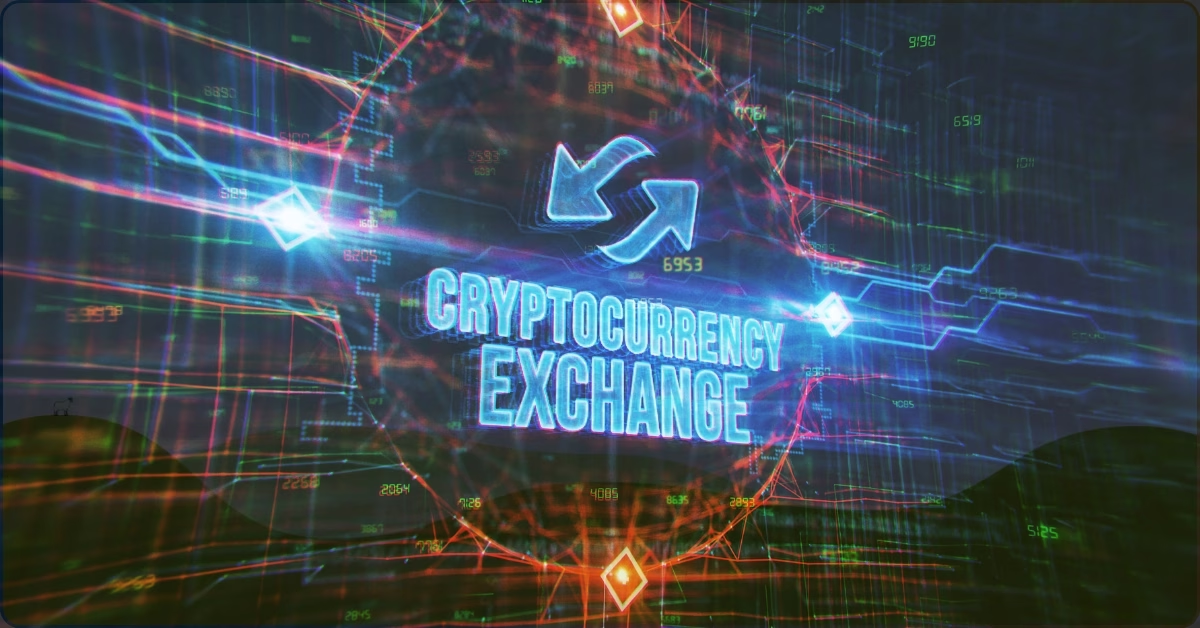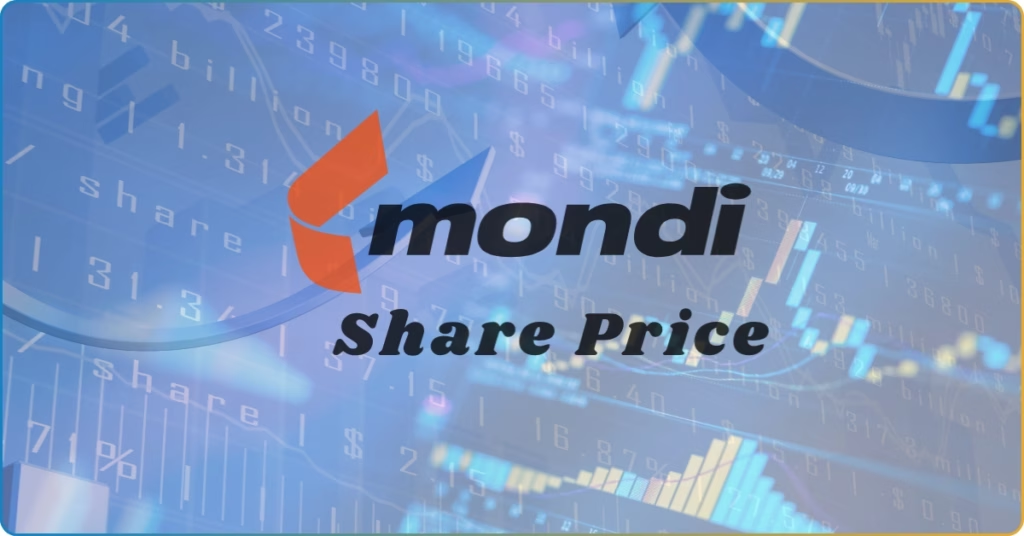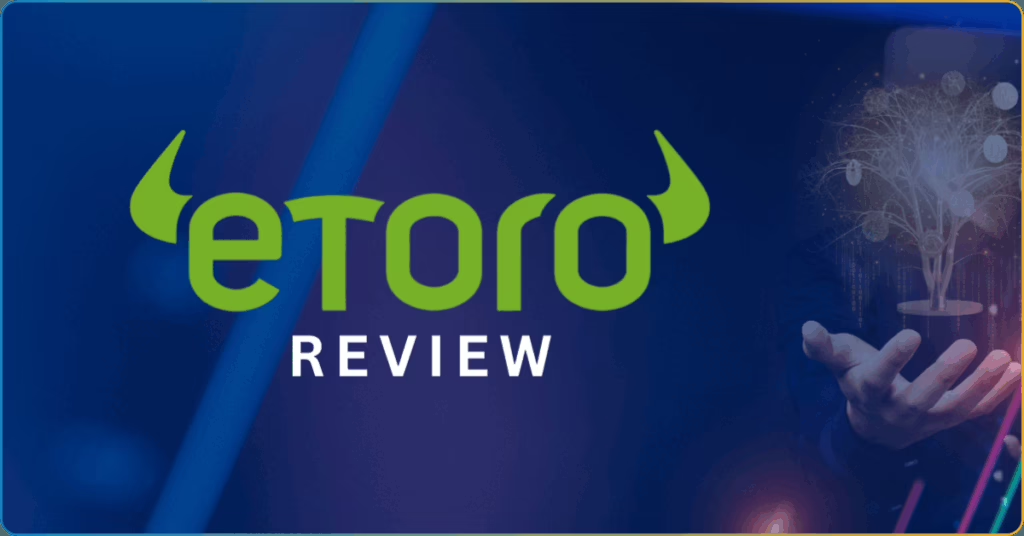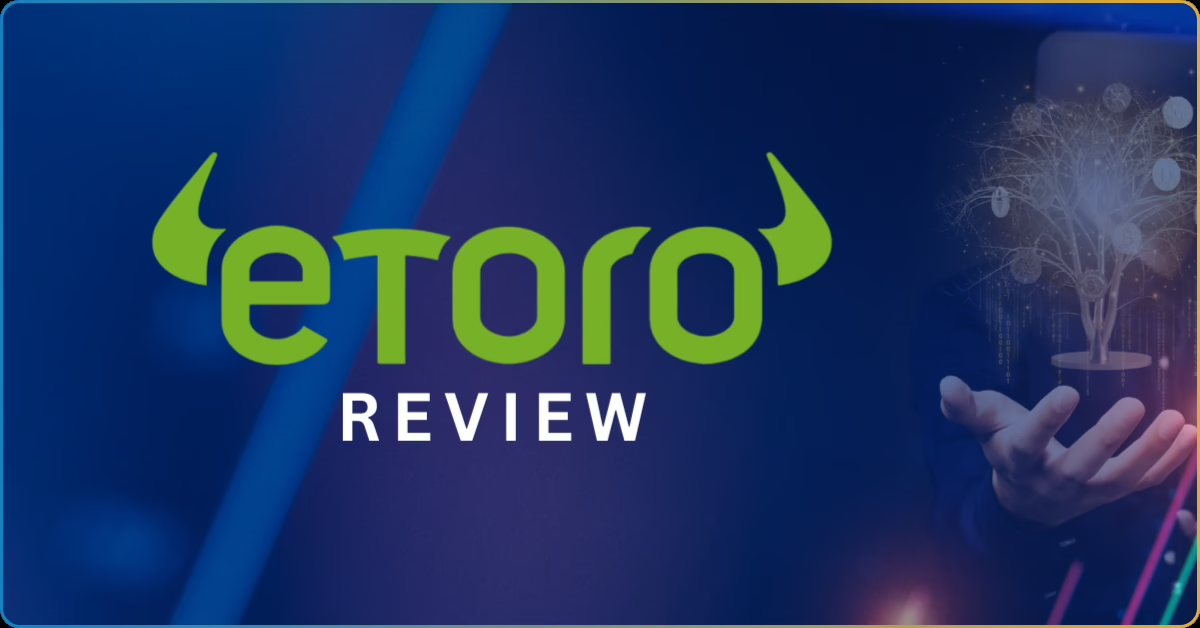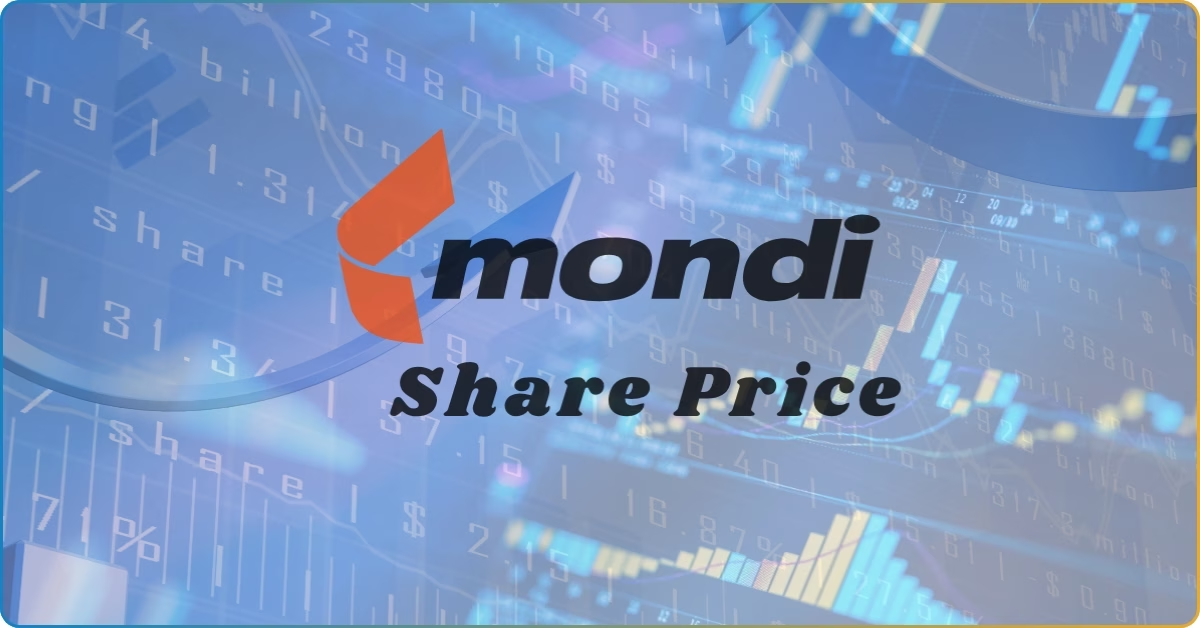The crypto exchange market in South Africa remains a thriving market, attracting traders with promising opportunities. With the country ranking among the leaders in cryptocurrency adoption across Africa, the hype is understandable—and its appeal among South African traders shows no sign of fading.
However, as the number of traders grows, so does the risk of crypto-related scams. In this TRU Insight, our experts outline five critical checks to consider before depositing on any crypto exchange, along with a comparison table of the most popular platforms in South Africa.
5 Criteria for Choosing a Crypto Exchange
In today’s open market that is vulnerable to lingering fraudsters around the corners, searching for the largest crypto exchanges and top crypto exchanges is not the pathway to automatically reliable and worthy features that they could offer.
A good standard encompasses these five checklists:
Regulatory Oversight
South Africa’s main regulatory body, the Financial Sector Conduct Authority (FSCA), declared that a mandatory license is a requirement, and all Crypto Asset Service Providers (CASPs) must obtain this to operate legally.
Major platforms like VALR, Luno, and Binance are among the cryptocurrency exchanges that obtain this license. For South African traders, this means a particular crypto exchange that has a valid permit ensures that it adheres to the rules under the Financial Intelligence Centre Act (FICA), giving you further protection from fraudulent activities.
So, before you trust a crypto exchange, you must only rely on platforms that have transparent licenses. You can verify the regulatory details using the FSP license number of the crypto exchange from the official database of the FSCA license checker.
Read more: How to Find Financial Service Providers with FSCA Regulation in 2025
Security Protocols
Robust crypto security is a non-negotiable factor because it adds a critical layer of defense against hackers and internal breaches. A strong security framework ensures the majority of user funds are protected through these key features offered by the crypto exchange:
- Dispersed offline cold storage
- Minimal liquidity in online hot wallets
- Mandatory two-factor authentication (2FA)
- Data encryption
- Regular security audits
For added peace of mind, note that while some global platforms like Binance maintain self-insurance funds, crypto deposits are not insured like traditional bank accounts in South Africa. For long-term holdings, using a personal wallet remains the recommended practice.
Trading Tools
Trading tools form the backbone of your execution and influence potential profitability. The tools you need depend on your trading style. If you’re a beginner, a simple interface is recommended to help you navigate and familiarize yourself with the platform.
However, this doesn’t mean settling for the bare minimum—look for a crypto exchange that offers essential indicators like RSI, MACD, and Bollinger Bands.
Experienced traders, on the other hand, prefer platforms with advanced charting and automation features. Before signing up, confirm that the available charting tools, market data, and order types align with your specific trading strategy.
Fees
Fee structures can feel overwhelming for beginners. Before choosing a crypto exchange, make sure the advertised fees are competitive and clearly understood. Focus on these key components:
- Maker Fee: Charged for adding liquidity to the order book—usually lower than taker fees.
- Taker Fee: Applied when removing liquidity by executing market orders; often slightly higher than maker fees.
- Deposit Fees: Costs for funding your account, which vary by payment method (EFT is often free, while card deposits incur charges).
- Withdrawal Fees: Fixed or percentage-based fees for moving funds out; check limits and free withdrawal thresholds to avoid surprises.
Customer Experience & Support
Crypto exchanges are 24/7, and so should the customer support availability be. Oftentimes, customers will rant in online reviews about their experiences with customer support, and not all these reviews are pleasant, and some of them even provide additional issues they encounter to warn others. If a crypto exchange receives more compliant, it is a sign to walk away.
Choose a crypto exchange that prioritizes its customers and provides multiple support services through live chat, email, phone, landline, and, most importantly, has South African-based teams that will address local queries.
Educational Resources
A crypto exchange that integrates an educational resource is a sign that they value your growth as a trader. Your journey with them should have proper guidance by providing webinars, trading courses, videos, articles, and more extensive resources to help you maximize the full benefits that every trader deserves.
Comparison Table: Top South African Crypto Exchanges
South Africa’s crypto market is dominated by platforms that cater to different trading needs. Luno, VALR, and Binance rank among the best crypto exchanges for local traders, each offering unique strengths in regulation, security, and advanced tools.
This quick comparison helps you weigh features before choosing a South African crypto exchange that aligns with your strategy.
| Features | Luno | VALR | Binance |
| Regulatory Oversight | Licensed by FSCA, high transparency. | Fully FSCA licensed and compliant. | FSCA is licensed for SA operations. |
| Security Protocols | Cold storage, 2FA, Proof of Reserves. | Cold storage, ZAR fund segregation, 2FA. | Cold storage, 2FA, and user insurance fund. |
| Trading Tools | Beginner-friendly, limited coins. | Over 100 assets, advanced trading. | Hundreds of assets, advanced derivatives. |
| Fees | Higher instant buy, lower exchange trading. | Low, competitive fees; potential maker rebates. | Low trading fees, volume-based tiers. |
| Customer Experience & Support | User-friendly app, variable support times. | Effective, highly rated local support. | Extensive resources, less personal support. |
| Educational Resources | Guides and articles for beginners. | Blog with market analysis and feature guides. | Comprehensive Binance Academy resources. |
Each platform brings distinctive advantages—Luno for simplicity, VALR for local depth, and Binance for global reach. Evaluating these factors side by side ensures you’re not just chasing the largest crypto exchanges but choosing the best crypto exchange South Africa traders can trust.
Read more: 5 Best Cryptocurrency Exchanges in South Africa 2025
Conclusion: Choosing a Reliable Crypto Exchange
The crypto exchange shapes your trading journey; its standards reflect how far you can maximize your potential as a trader. It’s not just about picking the best crypto exchange or the most popular name—it’s about examining the features that matter.
Popularity alone isn’t a smart move to chase. Set a standard that protects you from fraud, hype, and misleading promises.
Be selective and raise the bar. A sharp awareness of each feature is essential. Trading knowledge remains the best investment no one can take from you—learn through reputable communities like CommuniTrade. It’s a trader-focused space packed with tools, resources, and dedicated areas to sharpen your skills and awareness.
Frequently Asked Questions
How do South African exchange control rules apply to crypto transfers abroad?
Crypto assets are not classified as currency under South African Reserve Bank (SARB) rules, so exchange controls do not apply, but profits remain subject to tax obligations.
Are automated trading bots allowed on South African crypto exchanges?
Yes, most major platforms support bots and algorithmic trading, provided users comply with local financial regulations.
Are crypto gains taxable in South Africa?
Yes, the South African Revenue Service treats crypto profits as income or capital gains, requiring accurate record-keeping and tax reporting.

